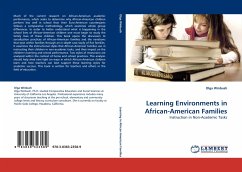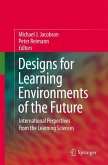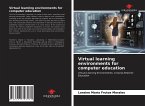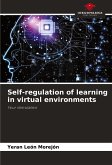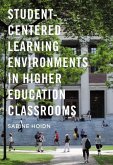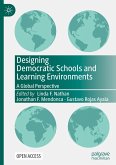Much of the current research on African-American academic performance, which seeks to determine why African-American children perform less well in school than their Euro-American counterparts follows a comparative methodology, which examines whole group differences. In order to better understand what is happening in the school lives of African-American children one must begin to study the family lives of these children. This book opens the discussion to socialization practices of African-American families and the variations that exist within families through an in-depth case study of five families. It examines the instructional styles that African-American families use in instructing their children in non-academic tasks, and their impact on the children s learning and school performance. Two styles of instruction are analyzed within the context of home and school practices. This analysis should help shed new light on ways in which African-American children learn and how teachers can best support these learning styles for academic success. This book is written for teachers and others in the field of education.
Bitte wählen Sie Ihr Anliegen aus.
Rechnungen
Retourenschein anfordern
Bestellstatus
Storno

